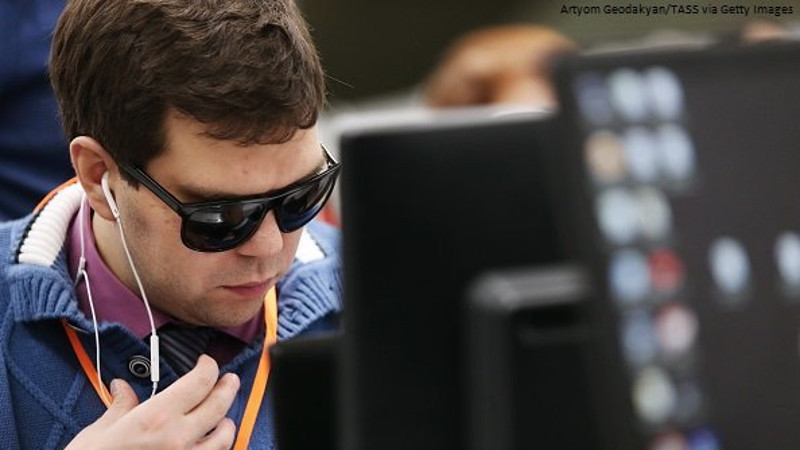With December being Disability Awareness Month in South Africa, Ventureburn highlights four South African tech startups serving people with disabilities — that we should all know about.
South Africa has a national disability prevalence rate of 7.5%, says the Department of Social Development. That’s the percentage of the population that have some form of visual, physical, aural, intellectual, learning and communication disability.
No ad to show here.
That then is quite a significant percentage of the population that, depending on the extent and severity of their disabilities, face different problems around how they go about life.
Many startups are trying to disrupt the business world, but they’re forgetting an entire market that desperately needs disruption — people with disabilities
Nick De La Hunt founder and director of app developer Wigital believes not enough innovators are focused on social change.
“Many of them are trying to disrupt the business world, but in so doing, they’re forgetting an entire market that desperately needs disruption, education and people with disabilities,” he says.
Here then are four SA startups that have risen to the challenge and developing cutting-edge solutions to some of the problems that people living with disabilities face on a daily basis.
FingerTalk
Wigital’s FingerTalk is one of South Africa’s first mobile apps (available on Android and iOS) for learning South African Sign Language. The app won joint-third place prize (and R150 000) at this year’s SAB Foundation Social Innovation and Disability Empowerment Awards, held in October.
The app, says Hunt, has amassed over 2000 active users so far, with an average seven new users signing up per day. He expects this to increase as the startup recently secured funds to help market the app.
Read more: Meet the 2017 Social Innovation and Disability Empowerment Awards finalists
Read more: Livestock Wealth wins R1.3m at SAB Foundation Social Innovation Awards
ProxiSee
Developed by Brandon van der Ventel, Richard Newman and Siegfried Jegels, this app aims to bring a sense of “sight” and navigation to blind or visually impaired people by means of audible (sound) and touch sensitive (vibrations) signals.
The signals are activated based on proximity to bluetooth beacons located within buildings, offices, complexes and public transport interchanges.
ZiPD
ZiPD is a ride-share platform for people with disabilities. The platform currently doesn’t have an app, but one can fill a form on their website to arrange for a ride. The platform is an initiative of the Hub Employment Ecosystems for People with Disabilities (HeePD).
Read more: HeePD to launch coding academy for people living with disabilities
BeSpecular
Stephanie Cowper and team have developed the BeSpecular app which is available on both Google Play and on the App Store . The app aims to help visually impaired, blind and deaf people live more independent lives.
Through the app, visually impaired users take photos of objects or situations and ask for assistance from a community of sighted volunteers.
According to a press release on BeSpecular’s site, the app is available across 55 countries to date.
Know of any innovations, innovators or solutions aimed at helping people with disabilities, that we might have missed? Let us know by contacting us on info@memeburn.com.
Featured image: UnitedNationsEnable via Twitter (Artyom Geodakyan/TASS via Getty Images)
